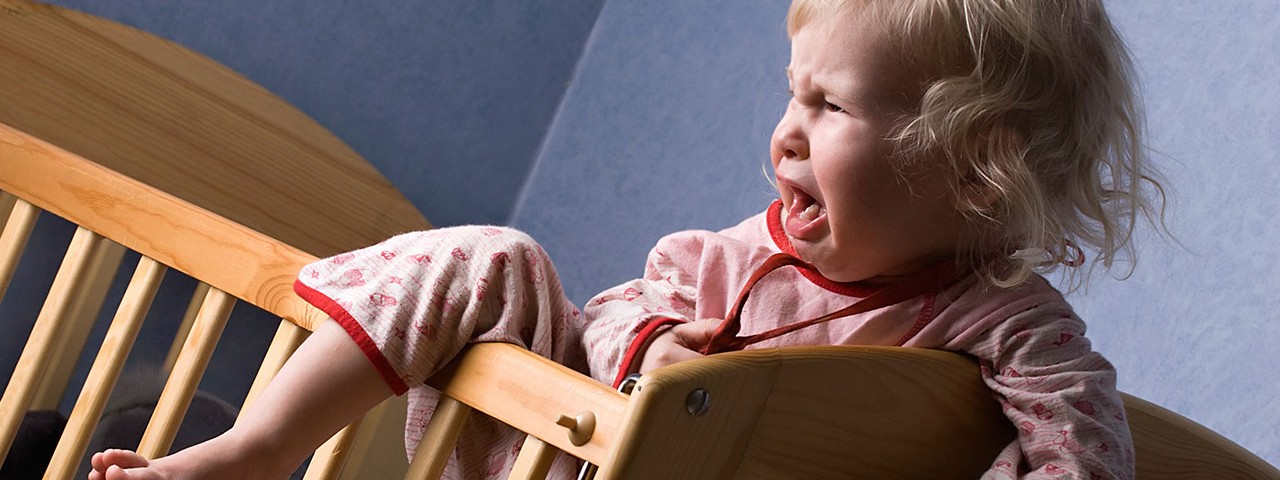Positive Parenting During Difficult Times
- Tweet

In order to succeed in school and in life, children need to express their emotions constructively, to control their impulses, and to interact with others in appropriate ways. These fundamental social and emotional skills are learned through experience, and they begin developing in infancy.
Your parenting matters, but it won't change your child's temperament! Tweet this!Last month, we focused on specific, actionable steps parents can take to promote positive social and emotional outcomes. This month, we’ll take a different approach. What if, despite your best efforts, your child’s behavior is frequently problematic? What are the possible causes? When is such behavior normal, and at what point does it become a cause for concern?
Clearly, parents have a major impact on their children’s social and emotional adjustment. They play an important role in how well children acquire skills like self-confidence, curiosity, and self-control.
Parental warmth and sensitivity during infancy and the toddler years are associated with several positive outcomes, including:
- good peer relationships when children reach school
- positive self-image during later childhood and adolescence
- curiosity, motivation, and persistence
- self-control throughout childhood
A negative, intrusive parenting style, by contrast, can hinder social and emotional development. Children of intrusive parents tend to adapt poorly to change, to deal less effectively with stress, and to have more trouble recovering from trauma.
Parenting matters, but so does a child’s temperament.
Despite the remarkable influence that parenting has on development, it is only one influence among many. Parents are bombarded with advice and recommendations on how to ensure positive outcomes for their children. But it’s important to keep in mind that parents don’t have complete control over shaping their children’s personalities and actions.
Children are born with certain innate characteristics that are grouped under the term temperament. For instance, some children are naturally more sociable than others. Some children are more prone to anger or fearfulness than others. Though science hasn’t fully untangled this process yet, many of these traits appear to be present at birth, suggesting that they are biologically based.
Although temperament can be influenced by a child’s environment, it tends to be a stable component of a child’s personality. For parents, this means that many aspects of their children’s development are not the result of their parenting behaviors. Nevertheless, the choices parents make still matter a great deal. For example, the way a parent deals with a child’s difficult behavior can either contribute to a cycle of continuing conflict or help steer their child toward more positive behavior.
Conflict is a normal part of development.
One issue we’ll be looking into this month is the difficult behavior that tends to develop as children enter the toddler stage. During this period, parent-child conflict tends to become a regular occurrence. Some studies estimate that conflict arises, on average, up to 15 times per hour.
Although tantrums and other oppositional behaviors are unpleasant for everyone involved, they are a necessary part of a child’s development. Even while they are behaving defiantly, children are learning key skills from interactions with their parents.
A child’s temperament will affect how these conflicts unfold. The toddler period can be especially trying for parents of children who are temperamentally prone to react with anger or aggression. Similarly, when a child is prone to fearfulness or withdrawal, his parents naturally worry what this means for his long-term development.
The way that parents handle these issues teaches children how to deal with later emotional and social conflicts. Using constructive strategies like explanation and reasoning can promote children’s competence, while reacting with anger or harshness can create a cycle of negative interactions and set the stage for even more behavior problems in the future.
Social and emotional skills are a key component of kindergarten readiness, academic achievement, and adult success. Children need to learn how to express their emotions appropriately, to recognize and respect other people’s emotions, and to interact positively with peers. This month’s content is aimed at helping parents promote social and emotional development, even during periods of difficult child behavior.
